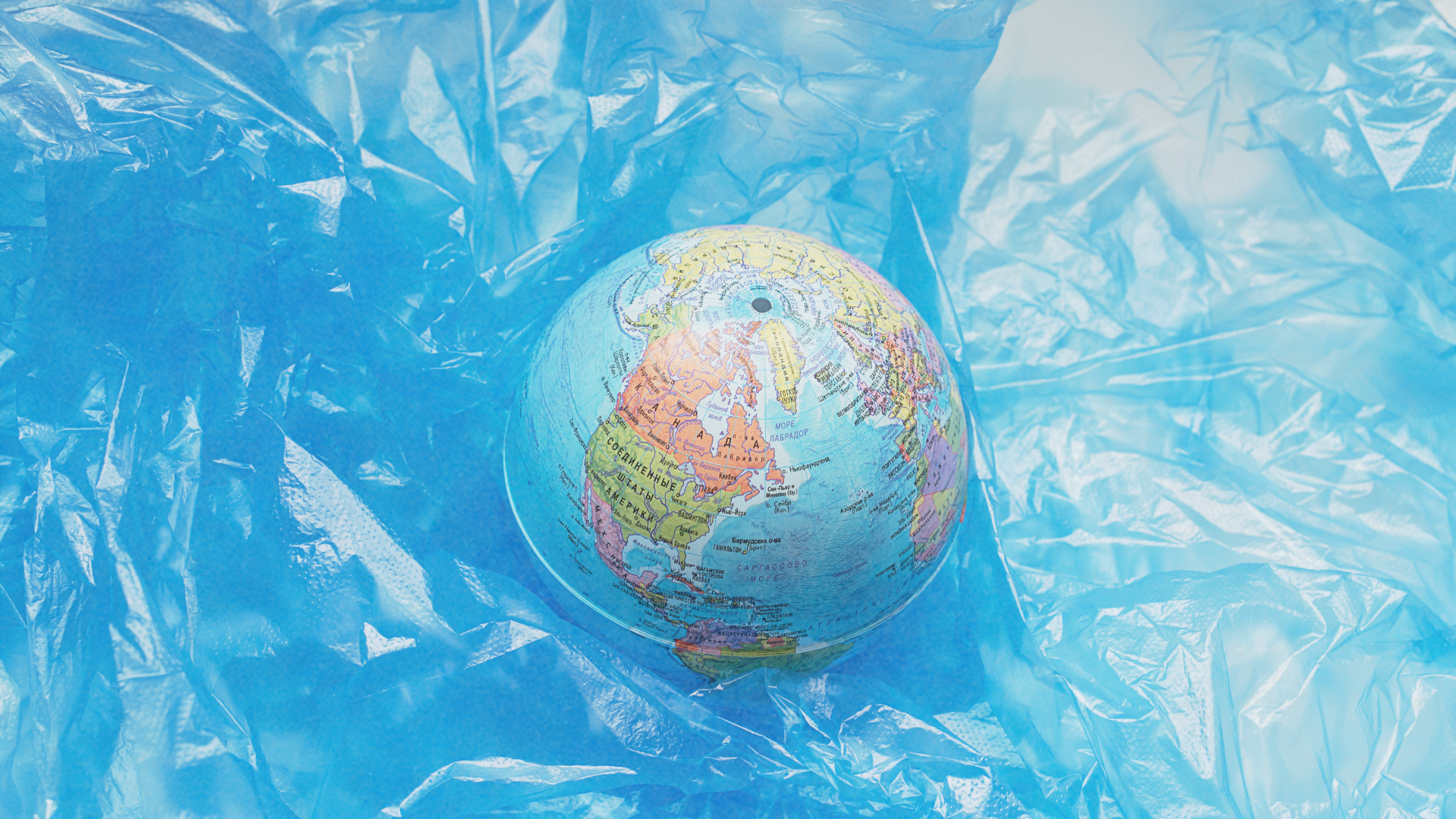The Philippines has joined 94 other countries in signing the “Nice Call for an Ambitious Treaty on Plastic Pollution” during the United Nations Ocean Conference (UNOC) in Nice, France on June 10. The declaration urges the adoption of a legally binding global treaty to end plastic pollution across its entire life cycle—from production to disposal.
The call comes ahead of the next round of negotiations on the global plastics treaty, scheduled in Geneva from August 5 to 14, 2025. Signatories are pushing for a global target to reduce the production and consumption of primary plastic polymers, phase out the most harmful plastic products and chemicals, and promote sustainable product design.
French Environment Minister Agnès Pannier-Runacher described the declaration as “a strong signal” to the global community, emphasizing the urgency of tackling the problem at its source.
Why It Matters for the Philippines
The Philippines is one of the world’s top contributors to marine plastic pollution. An estimated 36% of global plastic leakage into the ocean originates from the country, largely due to widespread use of single-use sachets and inadequate waste management systems.
Plastic pollution threatens marine biodiversity and the livelihoods of millions of Filipinos who rely on fishing and coastal resources. By signing the declaration, the country strengthens its stance on environmental responsibility and reinforces recent initiatives such as the Extended Producer Responsibility (EPR) Act of 2022, which holds companies accountable for recovering a portion of their plastic waste.
What Filipinos Can Do
While the treaty’s implementation may take time, individuals can already contribute to reducing plastic waste by:
- Avoiding single-use plastics and bringing reusable containers and bags.
- Supporting refill stores and products with sustainable packaging.
- Properly segregating and cleaning recyclables.
- Joining local clean-up drives and waste audits.
- Supporting eco-friendly brands and businesses with transparent environmental practices.
The Road Ahead
If negotiations succeed, the global plastics treaty could be adopted by late 2025 and begin influencing national policies by 2026. For the Philippines, it offers an opportunity to shift from being a top plastic polluter to a leader in marine protection and sustainability.
Through international cooperation and local action, the country takes a significant step toward a cleaner, healthier future—both for its people and its oceans.



Leave a Reply